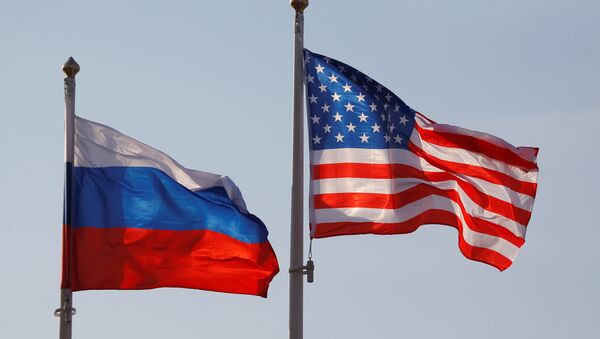Their move came only two days after Secretary of State Rex Tillerson proposed the two countries cooperate on establishing a no-fly zone in Syria and sending observers to the country, as well as ensuring that aid supplies to civilians were successfully delivered.
"I think it's [US-Russia cooperation] a good idea but it will be stoutly resisted, as in the past, by our forces on the ground and their commanders," Freeman told Sputnik.
Freeman warned that hardline elements in the US military will oppose any moves to defuse tensions between the superpowers in Syria.
Lavrov also noted that Russian, US and Jordanian experts meeting earlier on Friday in the Jordanian capital Amman had agreed on a memorandum of understanding to create a de-escalation zone where the cease fire would hold in southern Syria. Earlier Lavrov said the zone would be located in the regions of Daraa, Quneitra and Sweida and that it would start at midday Damascus time on July 9.
A senior US State Department official told reporters later on Friday that the ceasefire would serve as the basis for ongoing discussions for implementing a durable truce in southwest Syria.



